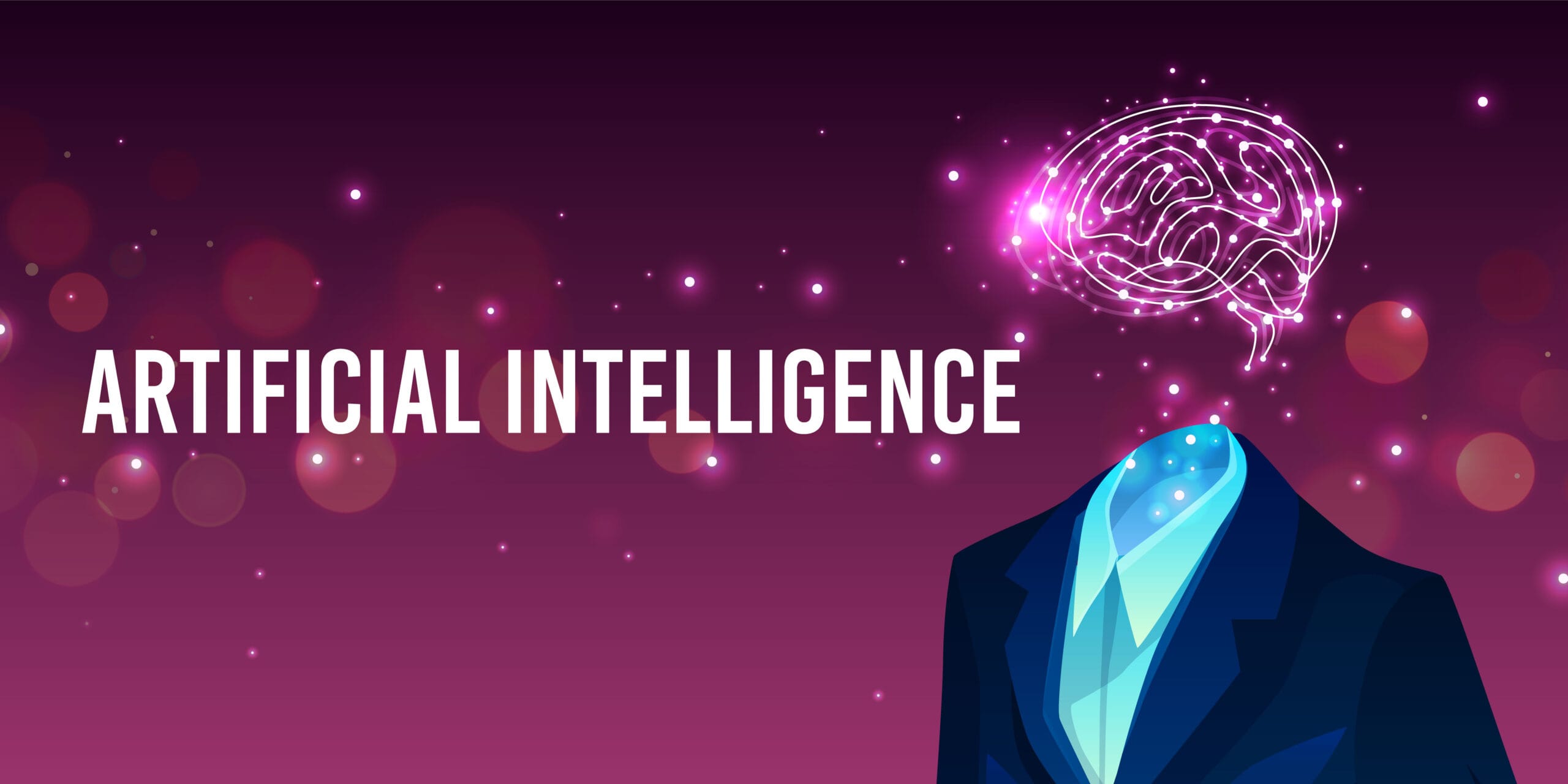Artificial Intelligence (AI) has rapidly evolved from a niche area of research into a transformative force across various sectors, influencing how we work, live, and interact. As we stand on the brink of a new era defined by AI technologies, understanding the opportunities and challenges they present is crucial for businesses, policymakers, and society at large. This blog post delves into the rise of AI, exploring its potential benefits, the challenges it poses, and the implications for the future.
Understanding Artificial Intelligence
Artificial Intelligence encompasses a range of technologies that enable machines to simulate human intelligence processes. These include learning, reasoning, problem-solving, perception, and language understanding. The primary branches of AI include:
- Machine Learning (ML): Algorithms that allow computers to learn from data and improve over time without explicit programming.
- Deep Learning: A subset of ML that uses neural networks with many layers to analyze various factors of data.
- Natural Language Processing (NLP): Enables machines to understand and respond to human language in a meaningful way.
- Computer Vision: Allows machines to interpret and make decisions based on visual data.
As these technologies advance, they are increasingly integrated into everyday applications, from virtual assistants like Siri and Alexa to complex systems used in healthcare, finance, and autonomous vehicles.

Opportunities Presented by AI
1. Enhanced Efficiency and Productivity
AI has the potential to significantly enhance efficiency across industries. By automating repetitive tasks, organizations can free up human resources for more strategic activities. For instance:
- Customer Service: AI-powered chatbots provide 24/7 support, handling inquiries without fatigue or downtime1. This not only improves response times but also reduces operational costs.
- Data Analysis: AI can process vast amounts of data quickly, providing insights that would take humans much longer to uncover. This capability is particularly beneficial in fields like finance and marketing where timely decision-making is critical4.
2. Innovation in Products and Services
AI is a catalyst for innovation. Companies leveraging AI can develop new products and services that were previously unimaginable:
- Generative AI: Tools like ChatGPT can create content ranging from text to images, enabling creative industries to explore new avenues for storytelling and design5.
- Personalization: Businesses can use AI algorithms to analyze customer behavior and preferences, delivering tailored experiences that enhance customer satisfaction3.
3. Advancements in Healthcare
AI’s impact on healthcare is profound:
- Diagnostics: Machine learning algorithms can analyze medical images with high accuracy, aiding in early disease detection6.
- Drug Discovery: AI accelerates the R&D process by simulating chemical interactions and predicting outcomes faster than traditional methods1.
4. Sustainability Efforts
AI technologies are being employed in sustainability initiatives:
- Environmental Monitoring: Machine learning models analyze satellite imagery to track deforestation and monitor wildlife populations1.
- Energy Management: AI optimizes energy consumption in smart grids, reducing waste and promoting sustainable practices4.
Challenges Associated with AI
Despite its numerous benefits, the rise of AI also brings significant challenges that need addressing.
1. Job Displacement
One of the most pressing concerns regarding AI is its potential to displace jobs. As automation becomes more prevalent:
- Many routine jobs may become obsolete as machines take over tasks traditionally performed by humans.
- While new jobs will likely emerge in tech-driven sectors, there may be a skills gap that leaves some workers behind2.
2. Ethical Concerns
The ethical implications of AI are complex:
- Bias in Algorithms: If training data is biased or unrepresentative, AI systems can perpetuate discrimination in areas such as hiring or law enforcement3.
- Privacy Issues: The use of AI in surveillance raises concerns about individual privacy rights and data security6.
3. Dependence on Technology
As organizations increasingly rely on AI systems:
- There is a risk of over-dependence on technology for decision-making processes.
- Critical thinking skills may diminish as reliance on automated systems grows5.
4. Regulatory Challenges
The rapid pace of AI development presents regulatory hurdles:
- Policymakers struggle to keep up with technological advancements while ensuring public safety.
- Establishing frameworks that promote innovation while protecting citizens’ rights is essential but challenging7.
The Future Landscape of AI
As we look ahead, several trends will shape the future landscape of artificial intelligence.
1. Continued Integration Across Sectors
AI will become more deeply embedded in various industries:
- From agriculture using drones for crop monitoring to finance employing algorithms for fraud detection, the applications are limitless.
- Organizations will increasingly adopt hybrid models combining human intelligence with machine capabilities for optimal results4.
2. Rise of Generative AI
Generative AI will continue to gain traction:
- Businesses will leverage generative models not just for content creation but also for product design and development.
- The ability to generate realistic simulations will enhance training programs across sectors like healthcare and aviation2.
3. Interdisciplinary Collaboration
The future of AI will see greater collaboration between disciplines:
- Experts from fields such as ethics, law, and computer science will work together to address challenges posed by AI technologies.
- This interdisciplinary approach will help create more robust frameworks for responsible AI deployment6.
Conclusion
The rise of artificial intelligence presents both remarkable opportunities and formidable challenges. As we navigate this transformative landscape, it is crucial for stakeholders—businesses, governments, and individuals—to engage in thoughtful dialogue about how best to harness the power of AI while mitigating its risks. By embracing innovation responsibly, we can unlock the full potential of artificial intelligence to improve lives and drive progress across society.In summary, understanding the complexities surrounding AI will enable us not only to capitalize on its benefits but also to confront its challenges head-on—ensuring that this powerful technology serves humanity’s best interests now and in the future.
The Rise of Artificial Intelligence: Opportunities and Challenges
Artificial intelligence (AI) has been rapidly advancing in recent years, transforming numerous aspects of our lives. From virtual assistants to self-driving cars, AI is increasingly becoming an integral part of our daily routines. As AI continues to evolve, it presents both exciting opportunities and significant challenges.
Opportunities
- Improved Efficiency: AI can automate repetitive and mundane tasks, freeing up human resources for more strategic and creative work.
- Enhanced Decision-Making: AI-powered analytics can provide insights that humans may miss, leading to better decision-making in fields like healthcare, finance, and education.
- Innovative Products and Services: AI can enable the development of new products and services that were previously unimaginable, such as personalized medicine and intelligent homes.
- Job Creation: While AI may automate some jobs, it will also create new job opportunities in fields like AI development, deployment, and maintenance.
Challenges
- Job Displacement: AI may displace certain jobs, particularly those that involve repetitive or routine tasks.
- Bias and Fairness: AI systems can perpetuate biases and discriminate against certain groups if they are trained on biased data.
- Security and Privacy: AI systems can be vulnerable to cyber attacks and may compromise individual privacy if not designed with security and privacy in mind.
- Ethics and Accountability: As AI systems make decisions that impact humans, there is a need for clear ethics and accountability frameworks to ensure that AI is developed and deployed responsibly.
The Way Forward
To maximize the benefits of AI while minimizing its challenges, we need to:
- Invest in Education and Training: Governments and organizations should invest in education and training programs that prepare workers for an AI-driven economy.
- Develop and Implement Ethics and Accountability Frameworks: Clear ethics and accountability frameworks should be developed and implemented to ensure that AI is developed and deployed responsibly.
- Encourage Diversity and Inclusion: The development and deployment of AI should be done in a way that encourages diversity and inclusion, minimizing the risk of bias and discrimination.
- Foster International Cooperation: Governments and organizations should work together across borders to develop and implement policies and regulations that promote the responsible development and deployment of AI.
By acknowledging both the opportunities and challenges presented by AI, we can work towards a future where AI enhances human life while minimizing its risks.

